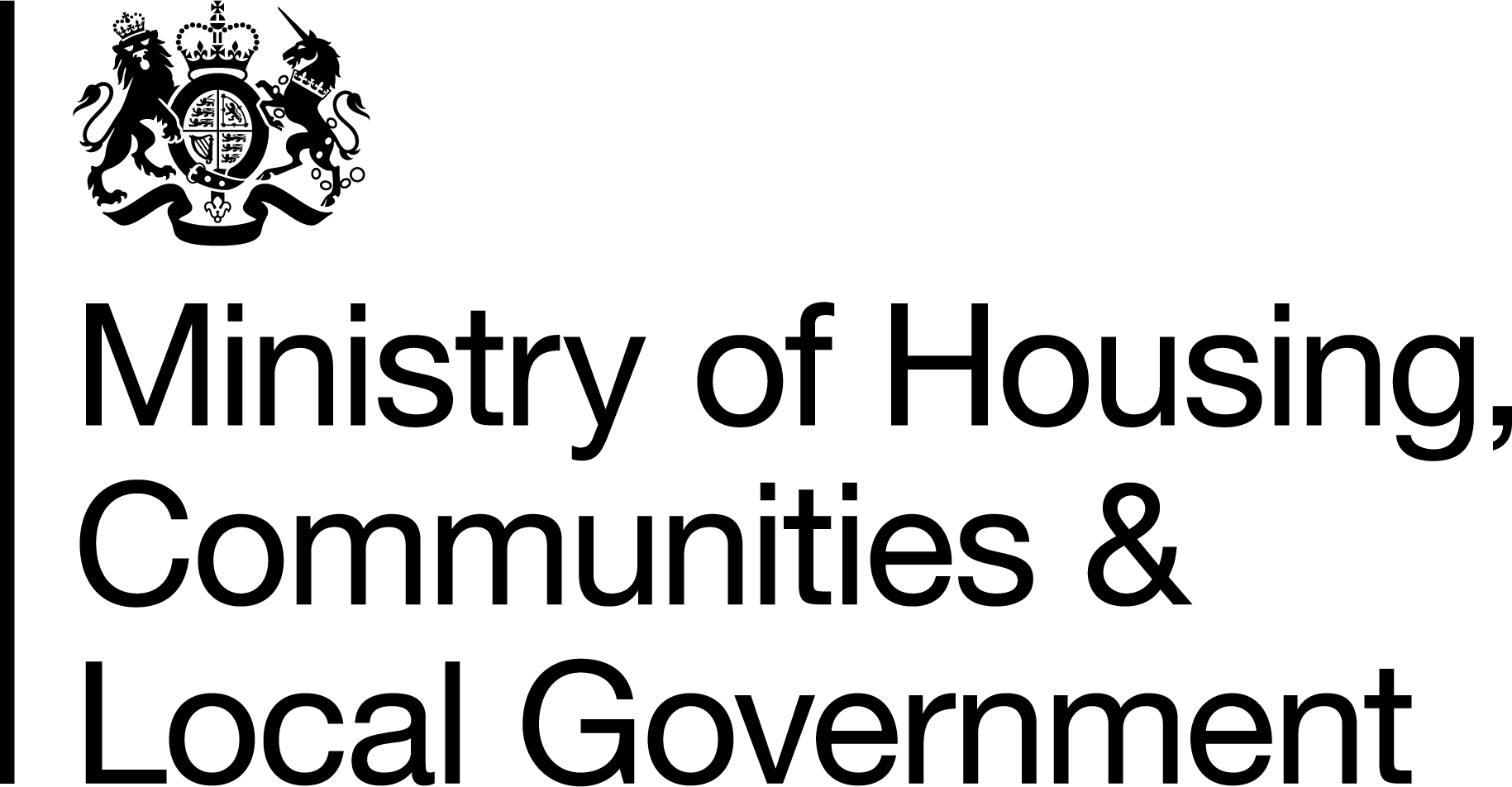Strengthening leaseholder protections over fees, charges and services: consultation
Service charge accounts: exemptions and transition arrangements
v) Exemptions and modifications: social housing landlords and audited accounts
- We wish to introduce an effective yet proportionate approach to the new service charge account requirements. Some landlords, and in particular some local authority and Private Registered Provider landlords, and Registered Social Landlords, do not provide written statements for each individual building they manage. This may be in part because most buildings they manage are mixed tenure and contain a mix of leasehold and social rented properties, and the lease places different reporting obligations on them. Furthermore, they tend to manage their properties on a borough or area wide basis, which makes it difficult to prescribe an exact cost for some services for each individual block.
- As a result, rather than produce a statement of accounts per block, they either provide a statement of accounts for the estate or even just an income and expenditure statement. This will compare the actual costs incurred against the income received.
- We appreciate the benefits and assurance that leaseholders with a local authority or Private Registered Provider landlord, or a Registered Social Landlord, might receive with a full statement of accounts. However, we consider that mandating it for these landlords could result in excessive costs and significant administrative burden which would likely be passed down to leaseholders for limited benefit. We would welcome views on current obligations of local authority and Private Registered Provider landlords, and Registered Social Landlords.
- An alternative could be that, for each block, local authorities and housing associations should set out for their leaseholders:
- A financial statement – comparing actual costs incurred against the budget for that year using the key budget headings set out in paragraph 49 or 51;
- A statement of reserves – which sets out the level of reserves at the beginning and end of the accounting period, as well as details of contributions and costs.
- For such an approach, we would not necessarily consider that the financial statement for each block must be accompanied by a written report or prepared in line with the reporting standards. This might be because the organisation’s own internal systems are sufficiently robust and subject to appropriate oversight. For example, within local authorities, accountability for the sound management of finances rests with the Section 151 officer.
- We are also aware that some leases require a full audit of accounts. The new requirements introduced in the 2024 Act do not override these requirements and, given the lease obligations are more detailed than those set out in this consultation, it is proposed that audited accounts are exempted.
vi) Transition arrangements and cost of introducing the new service charge account measures
- The financial impacts of these new arrangements were not monetised as part of the Impact Assessment to the 2024 Act as the actual impact will depend on the detail of the proposals. We are keen to understand the cost to business of introducing these measures and, critically, where these costs might fall, including whether and how they might be passed on to leaseholders.
- As with the proposals for annual reports and service charge demands, we are aware that landlords and agents have different systems in place, including different types of software, to enable them to meet existing lease obligations. This means that, in addition to familiarising themselves with the new requirements on service charge accounts, landlords and managing agents may need to include changes to their systems, train staff on the new arrangements, make arrangements for new people to prepare the written statement and make further adjustment to their working practices.
- We have asked questions below to help us understand the cost implications and to inform our final decision on what obligations should be put in place. We also recognise the importance of a sensible transition period which takes into account the service charge accounts cycle. We consider that the transition period should be as short as feasible and depend on when these measures are introduced. We propose that the following provisions should apply:
- if the accounting period ended under six months after commencement of these provisions, then landlords should be exempt from complying with the provisions for a period of 12 months. This is to allow the preparation of any financial statement of accounts using existing arrangements; and
- if the accounting period ended more than six months after commencement of these provisions then landlords should be exempt from complying with the provisions for 6 months. This means that the new provisions would be introduced for the next cycle of the preparation of financial statements.
